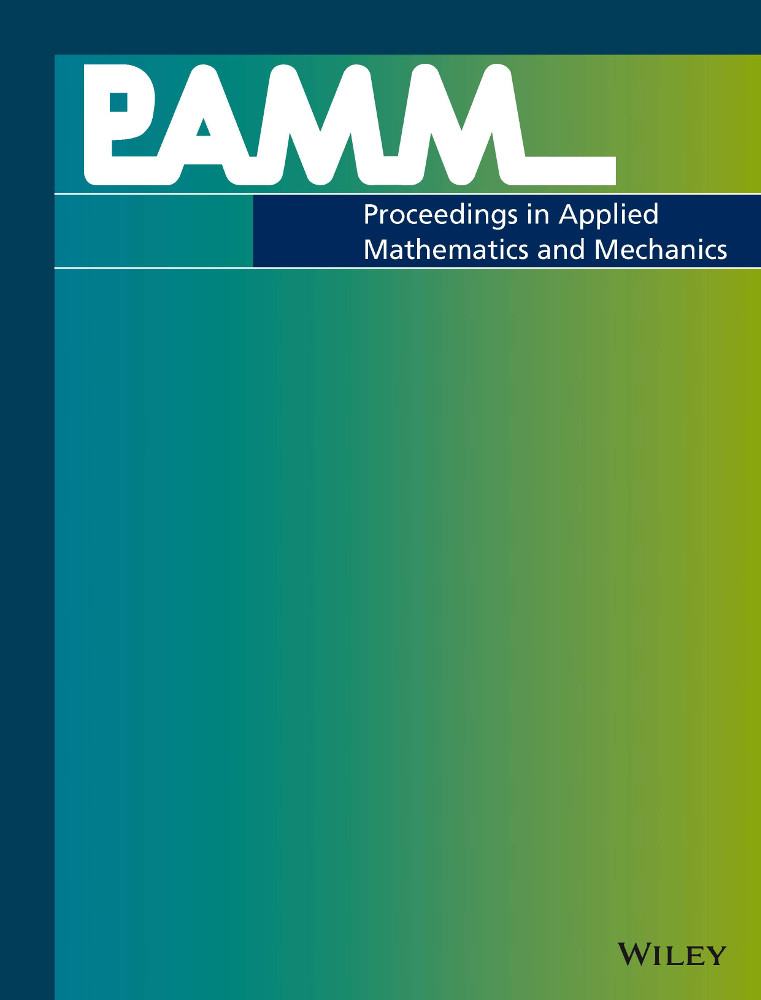Global Stability Analysis of the Interaction Between a Longitudinal Vortex and an Oblique Shock Wave
Abstract
In this study, the interaction of a longitudinal vortex with an oblique shock was studied numerically. A global stability approach was used to investigate the onset of unsteadiness due to vortex breakdown. For this purpose, steady and unsteady laminar flow simulations were performed. A longitudinal vortex with an exponentially decaying tangential velocity profile, a so-called Erlebacher vortex, was introduced into the flow field by a modification of the inflow boundary, while the oblique shock was created by a ramp in supersonic flow. Parametric studies concerning the influence of the axial velocity deficit and the tangential velocity component on the stability of the vortex were performed. Several amplified global eigenmodes could be identified and it could be shown that the frequencies predicted by the global stability analysis were in reasonable agreement with dominant frequencies observed in the unsteady simulations.
Acknowledgments
The authors gratefully acknowledge the Gauss Centre for Supercomputing e.V. ( www.gauss-centre.eu ) for helping to fund this project by providing computing time on the GCS Supercomputer SuperMUC-NG at Leibniz Supercomputing Centre ( www.lrz.de ). Open access funding enabled and organized by Projekt DEAL.




